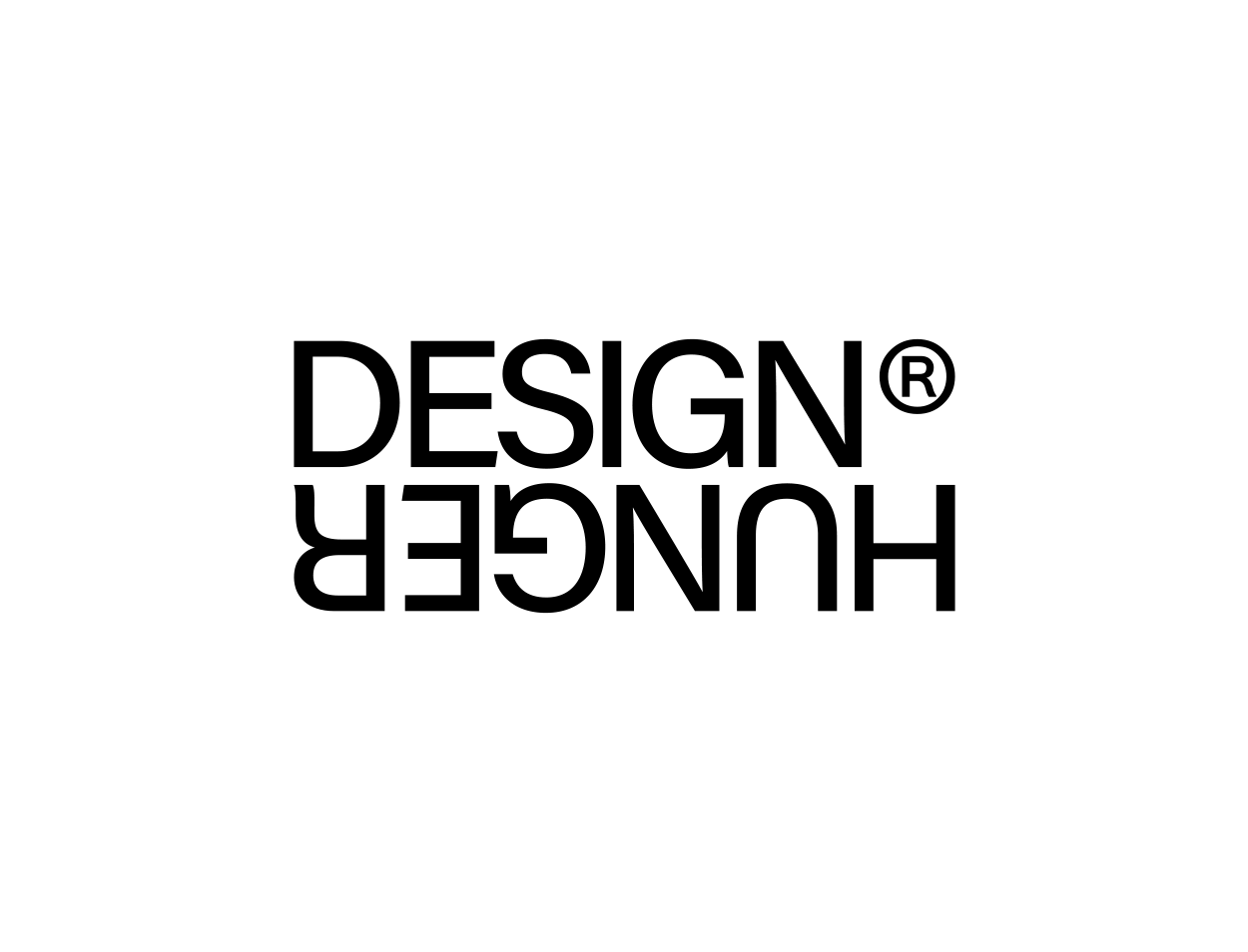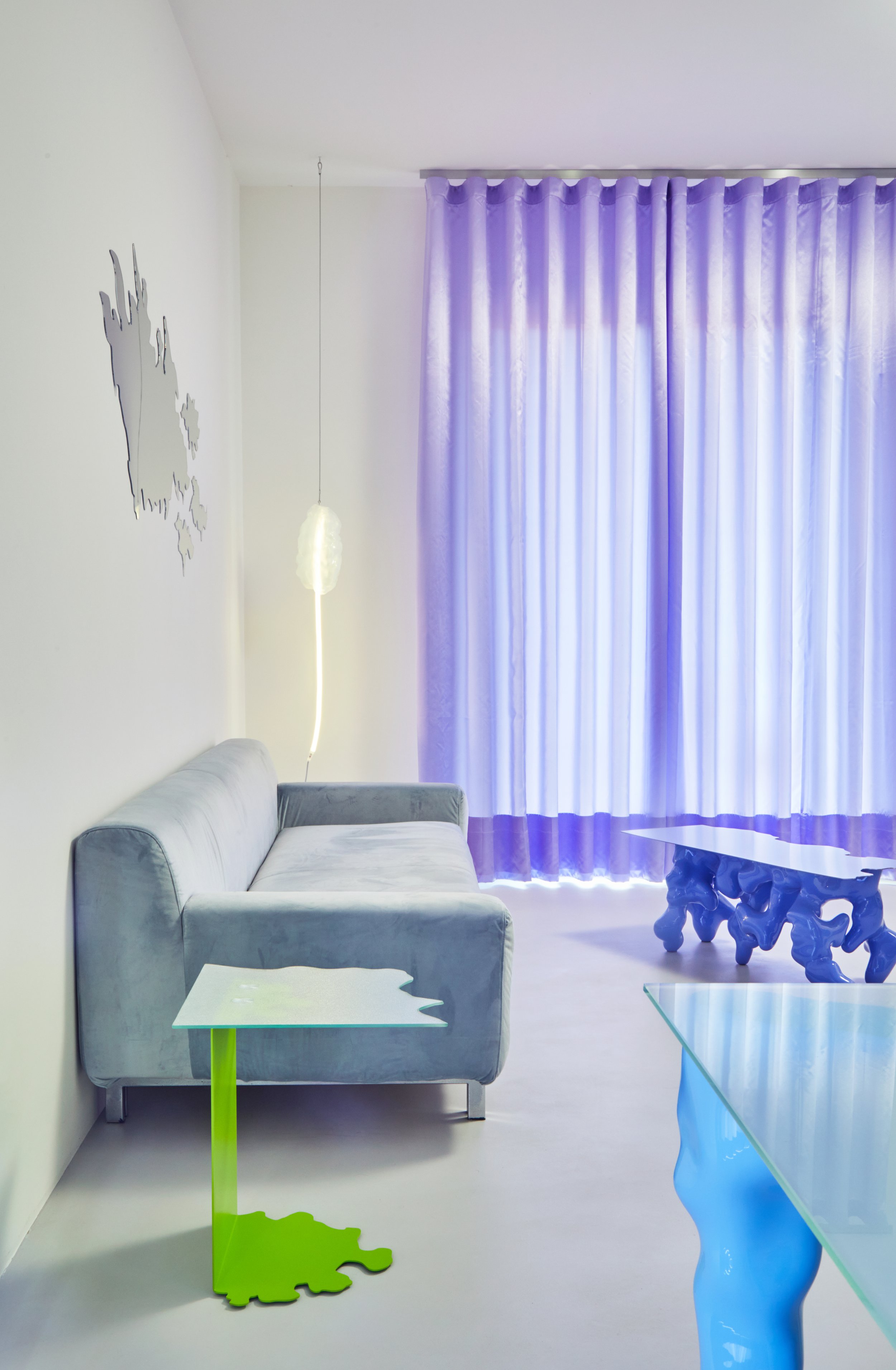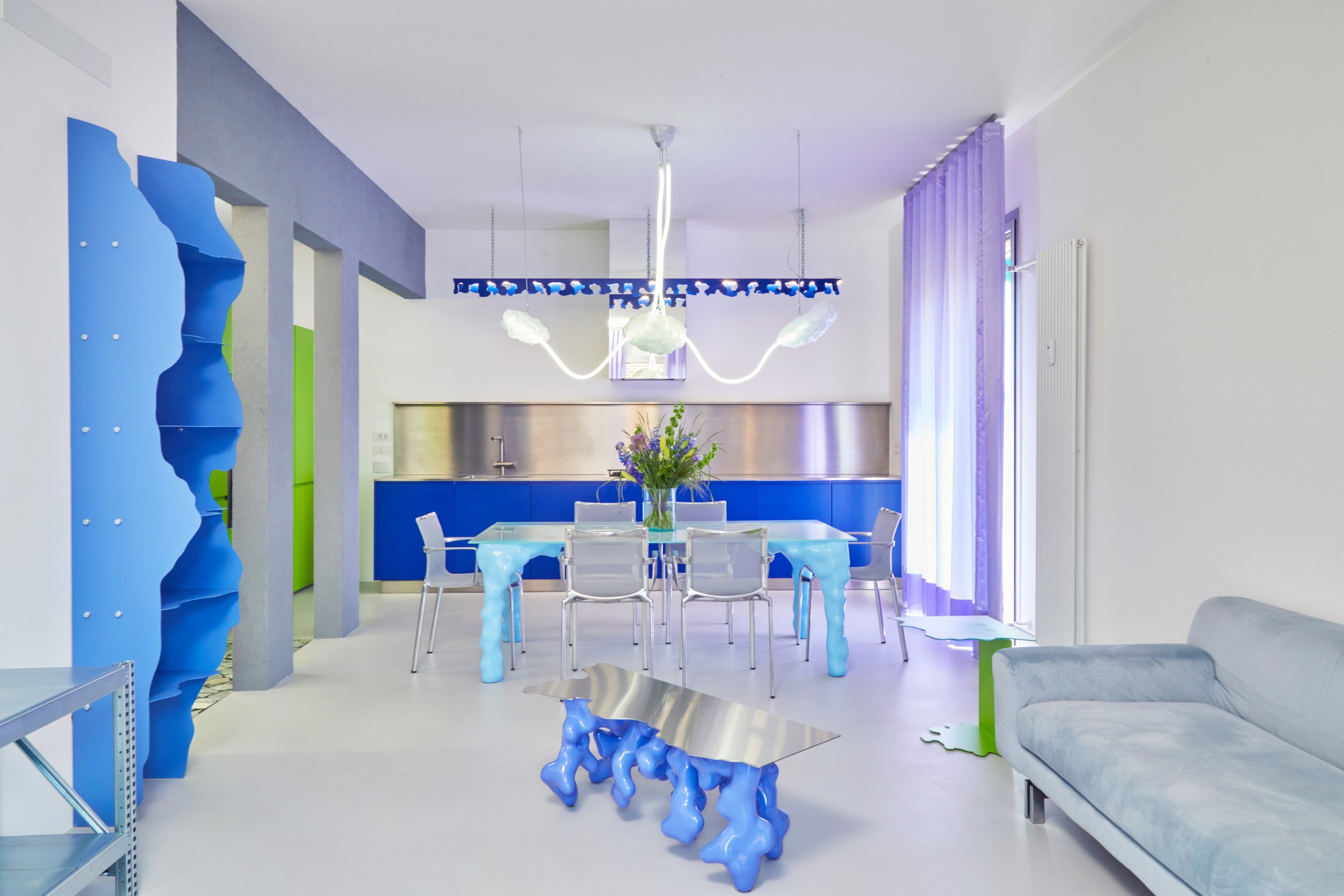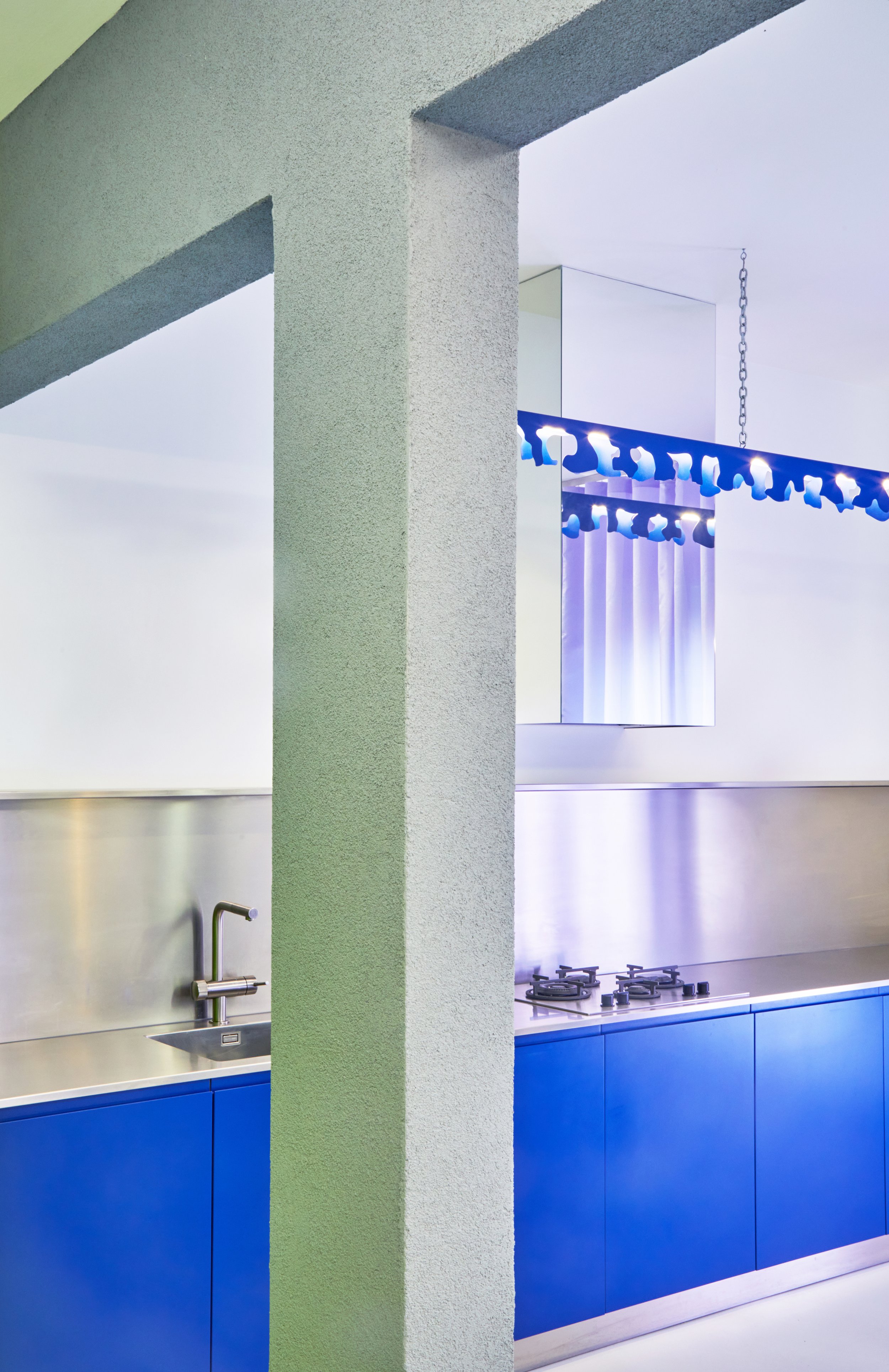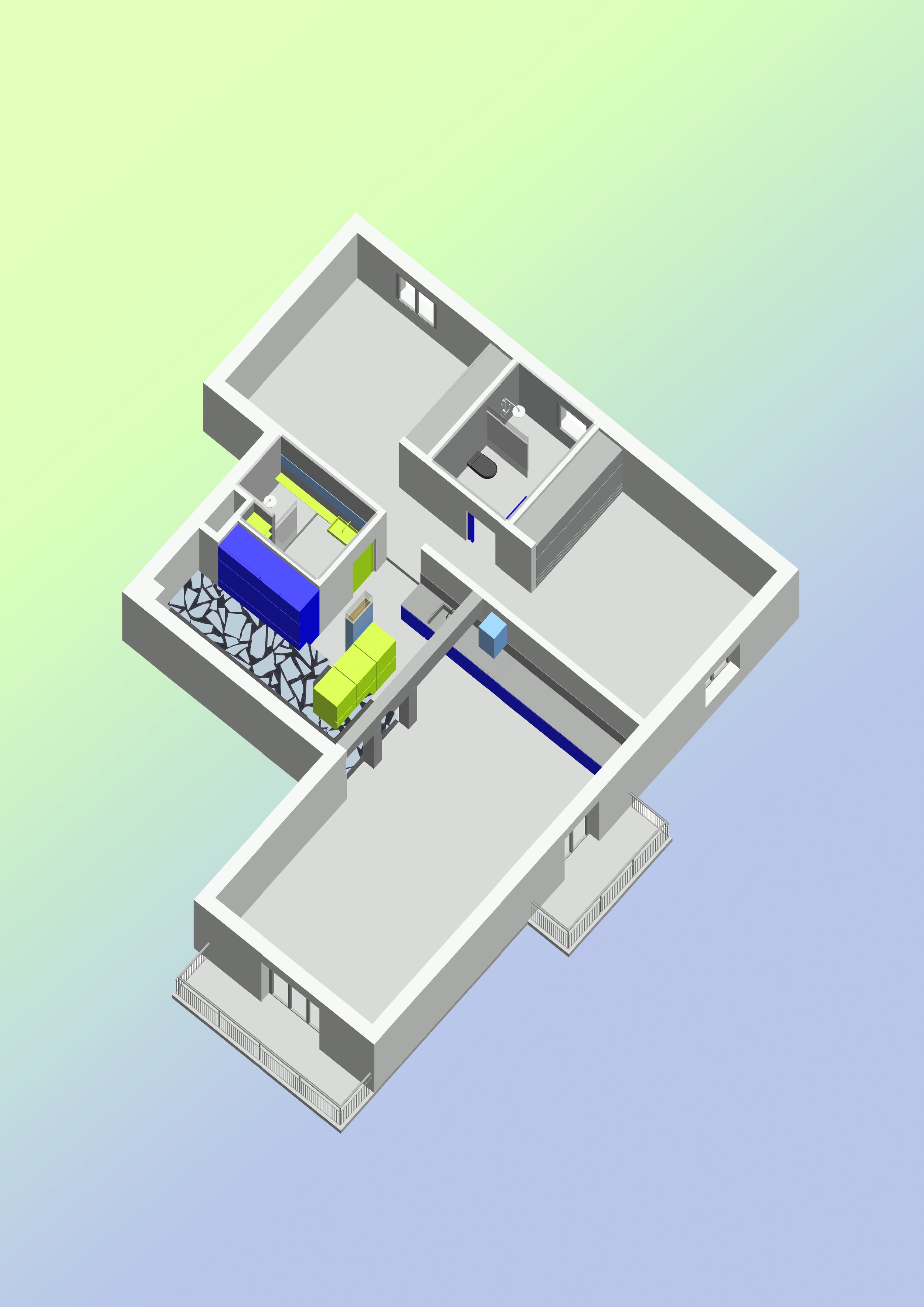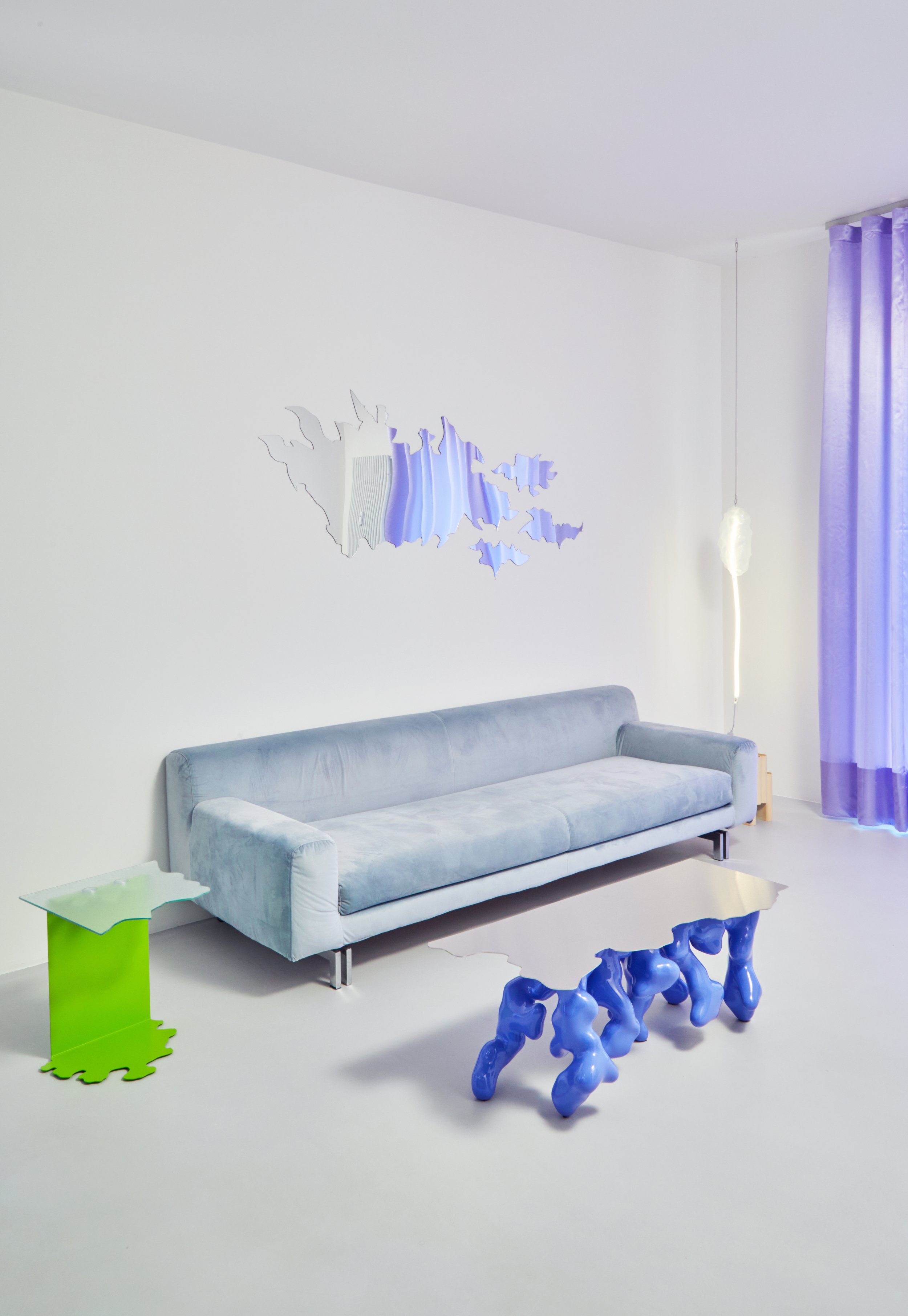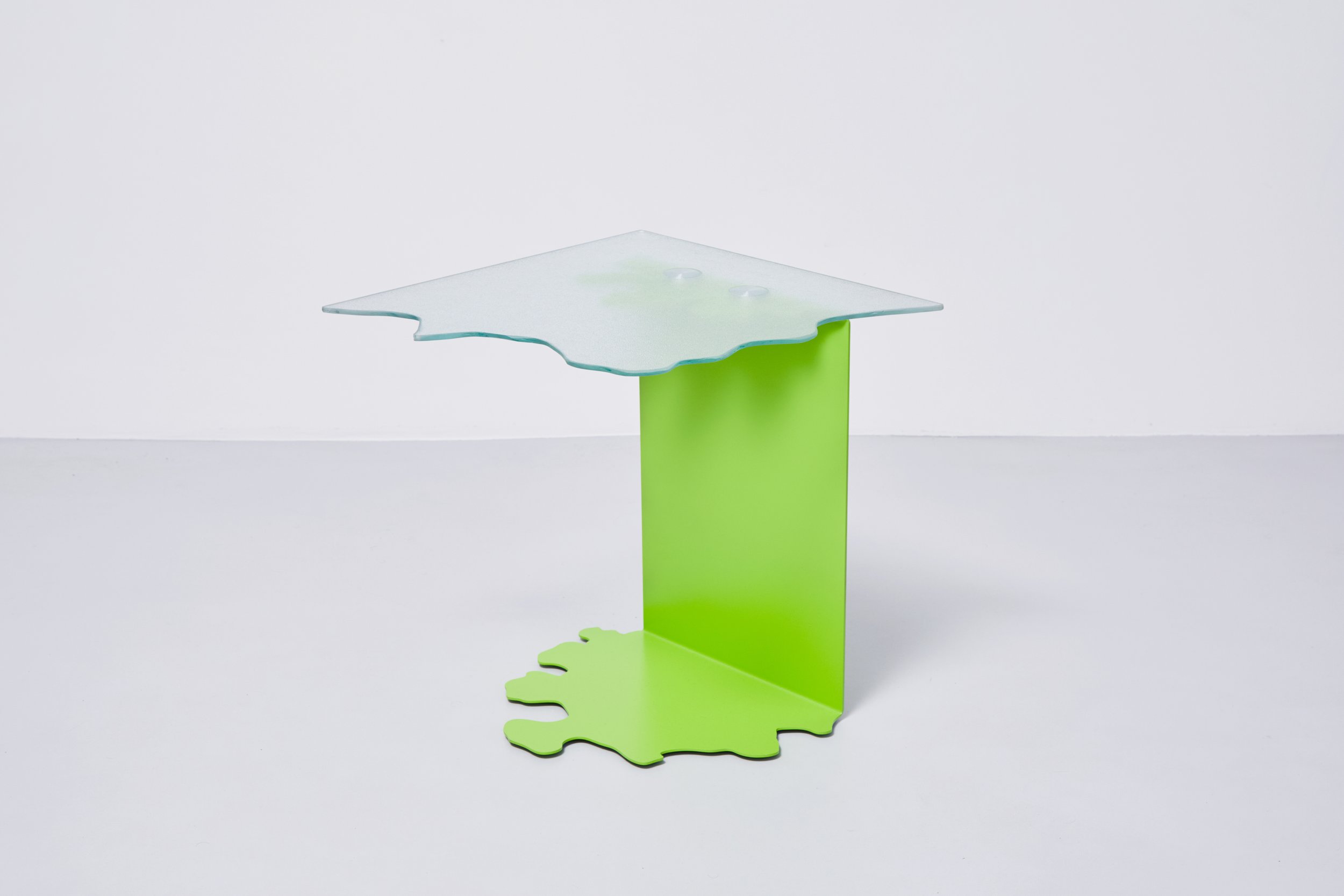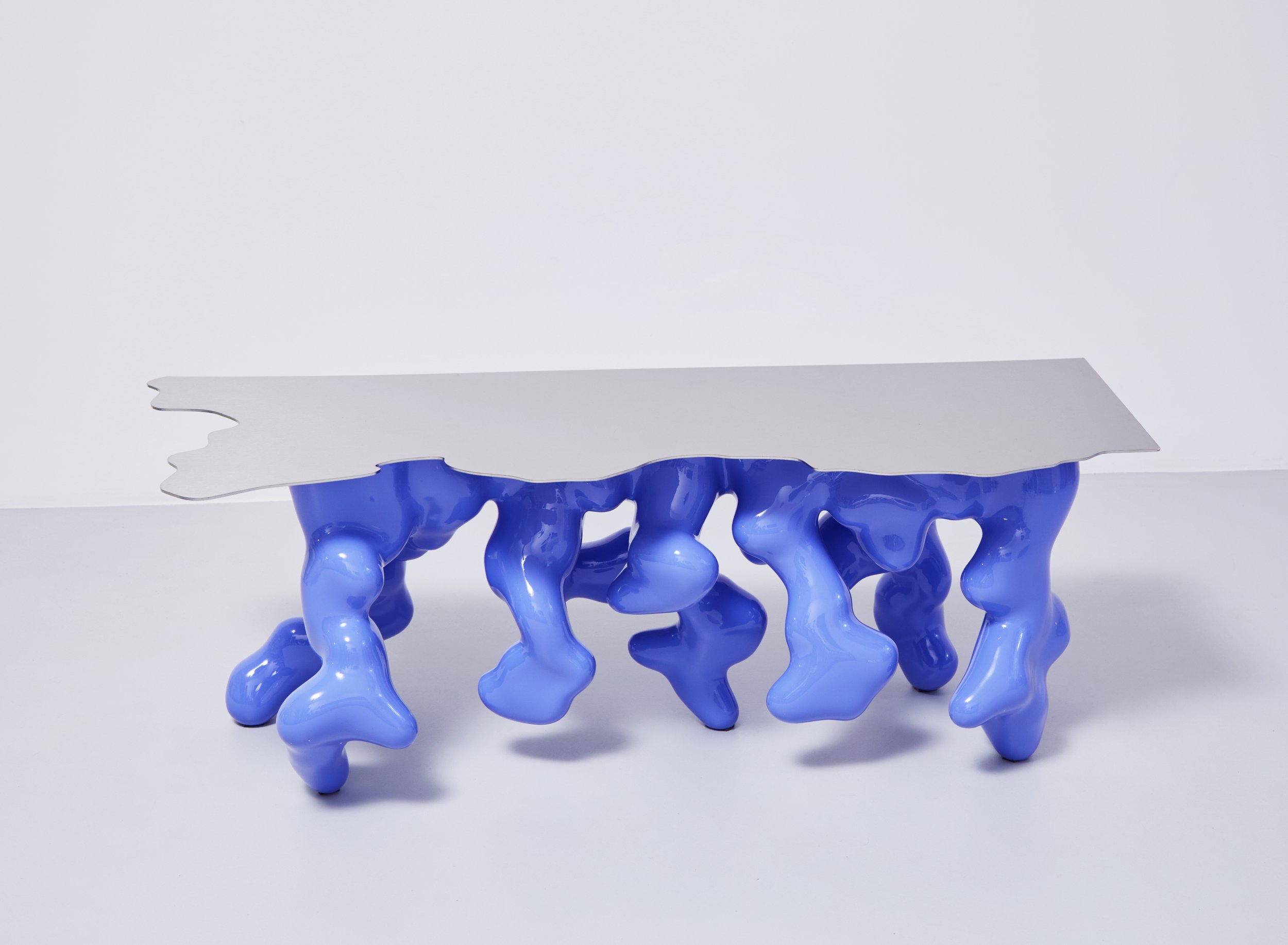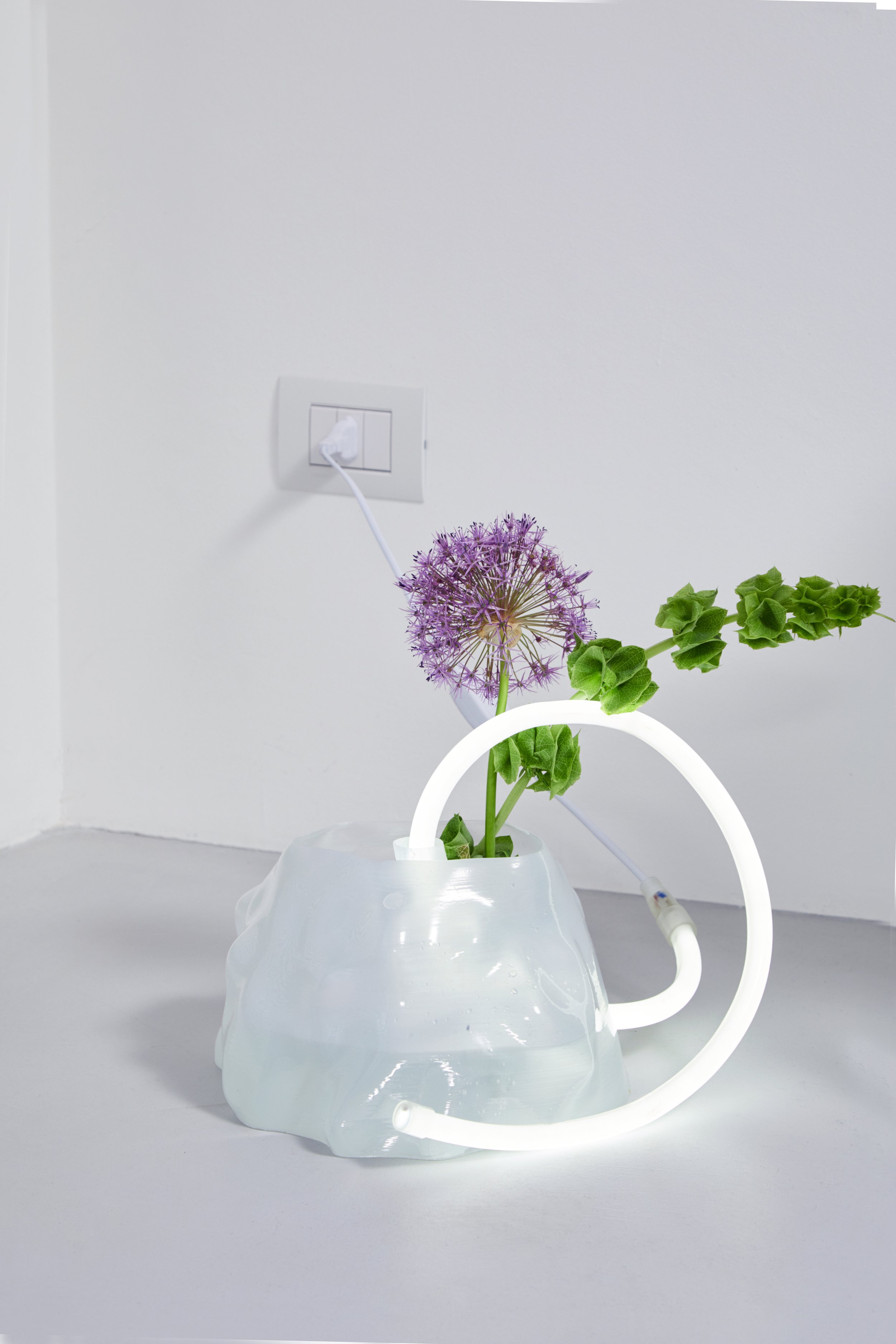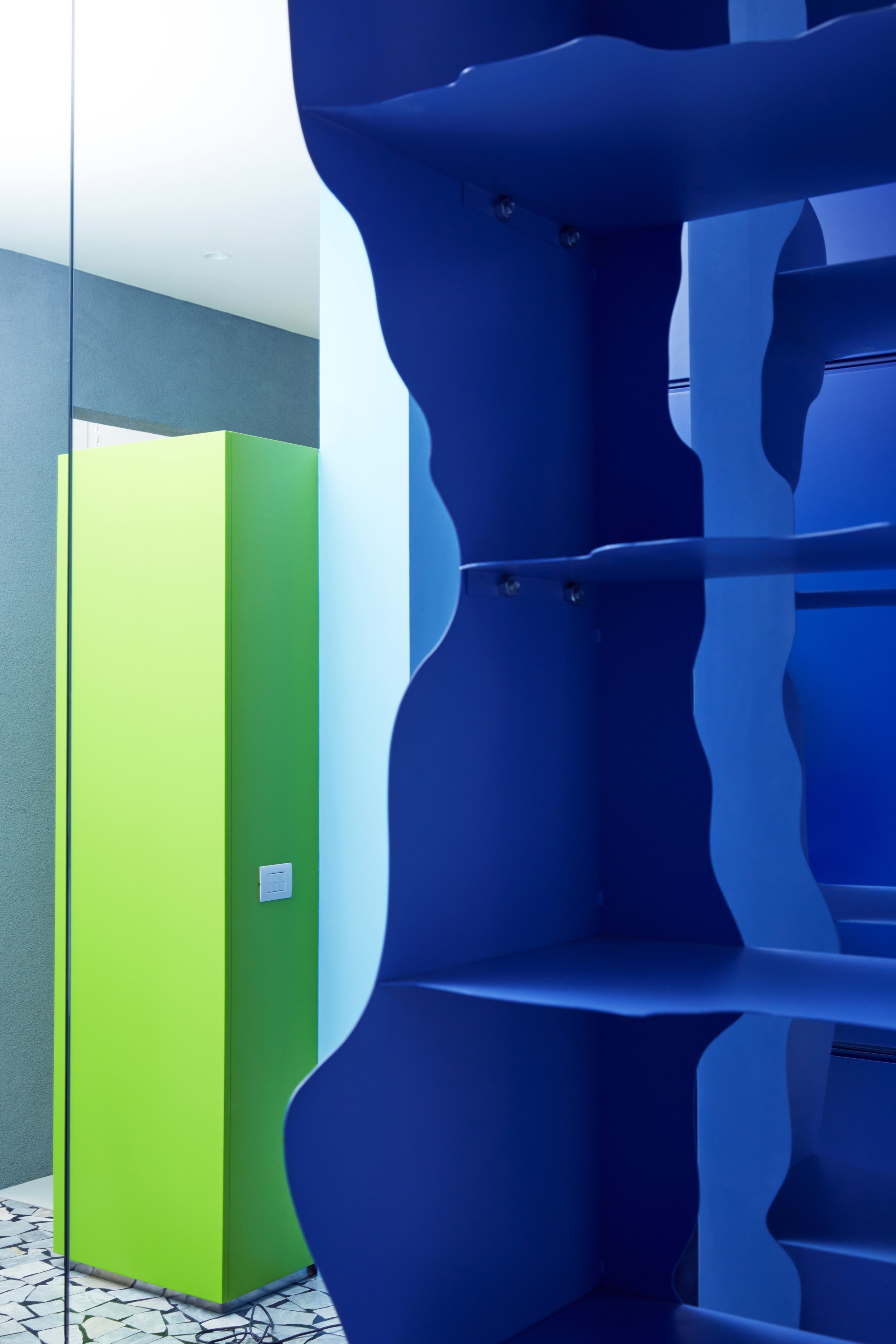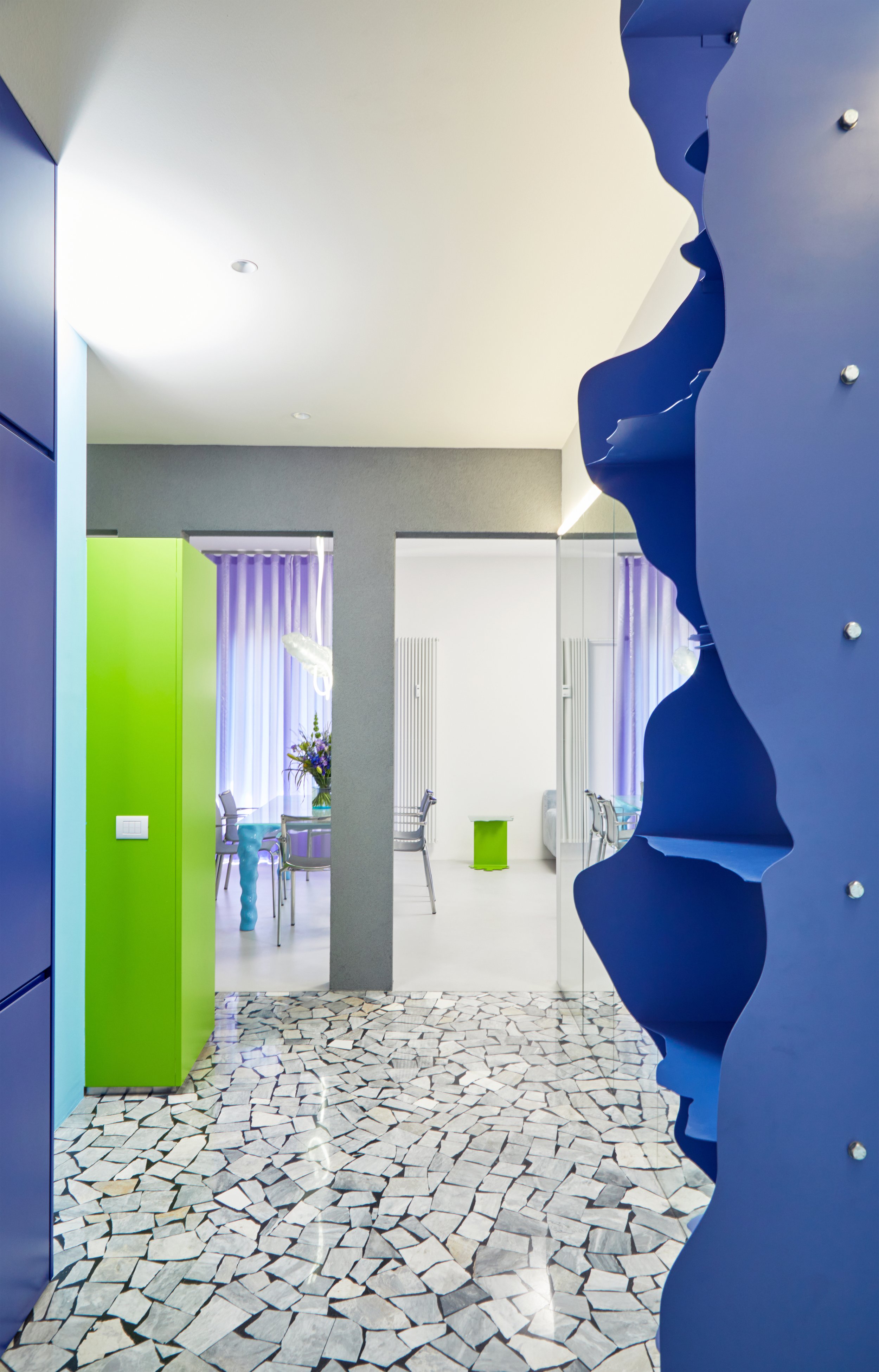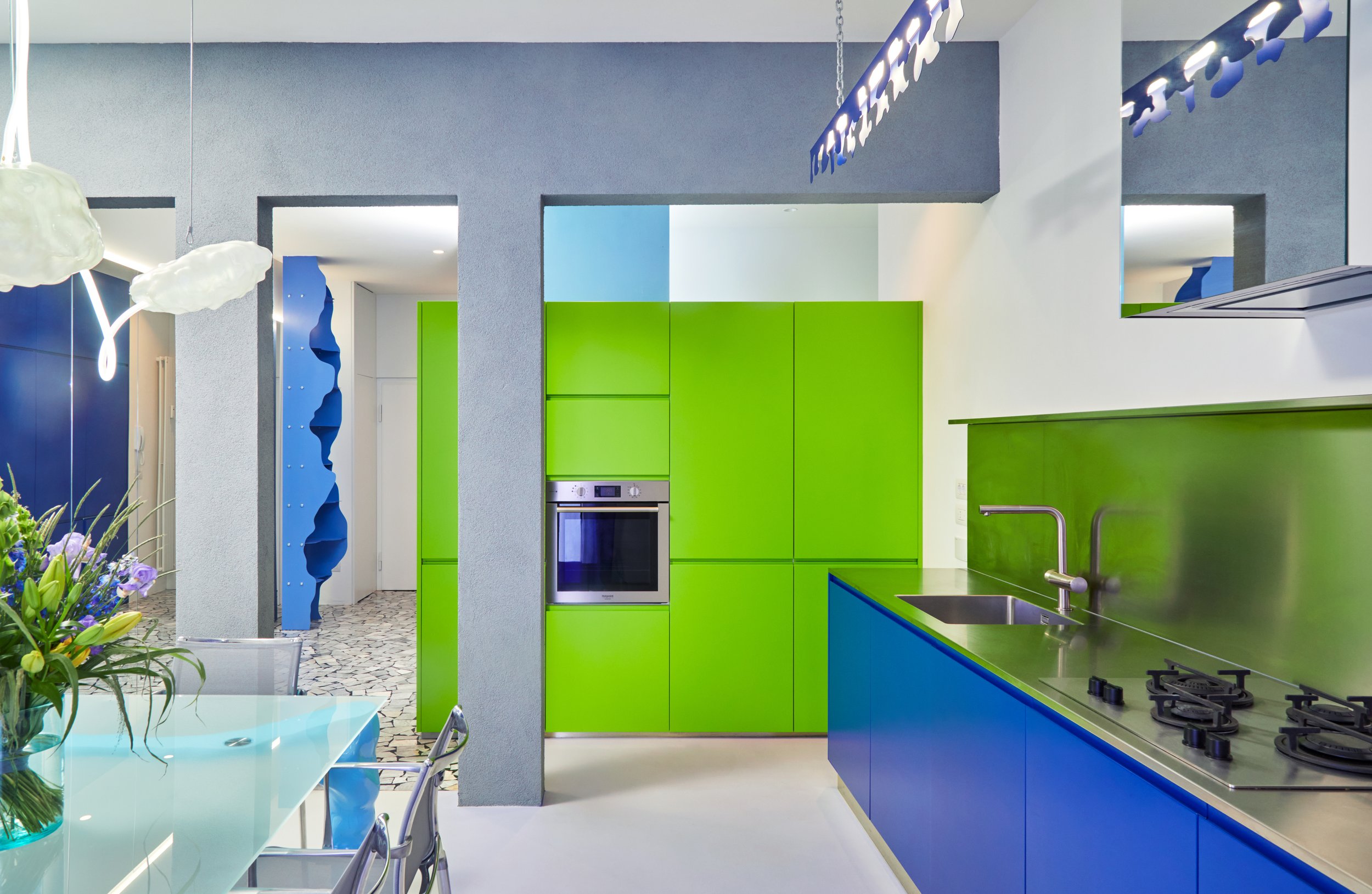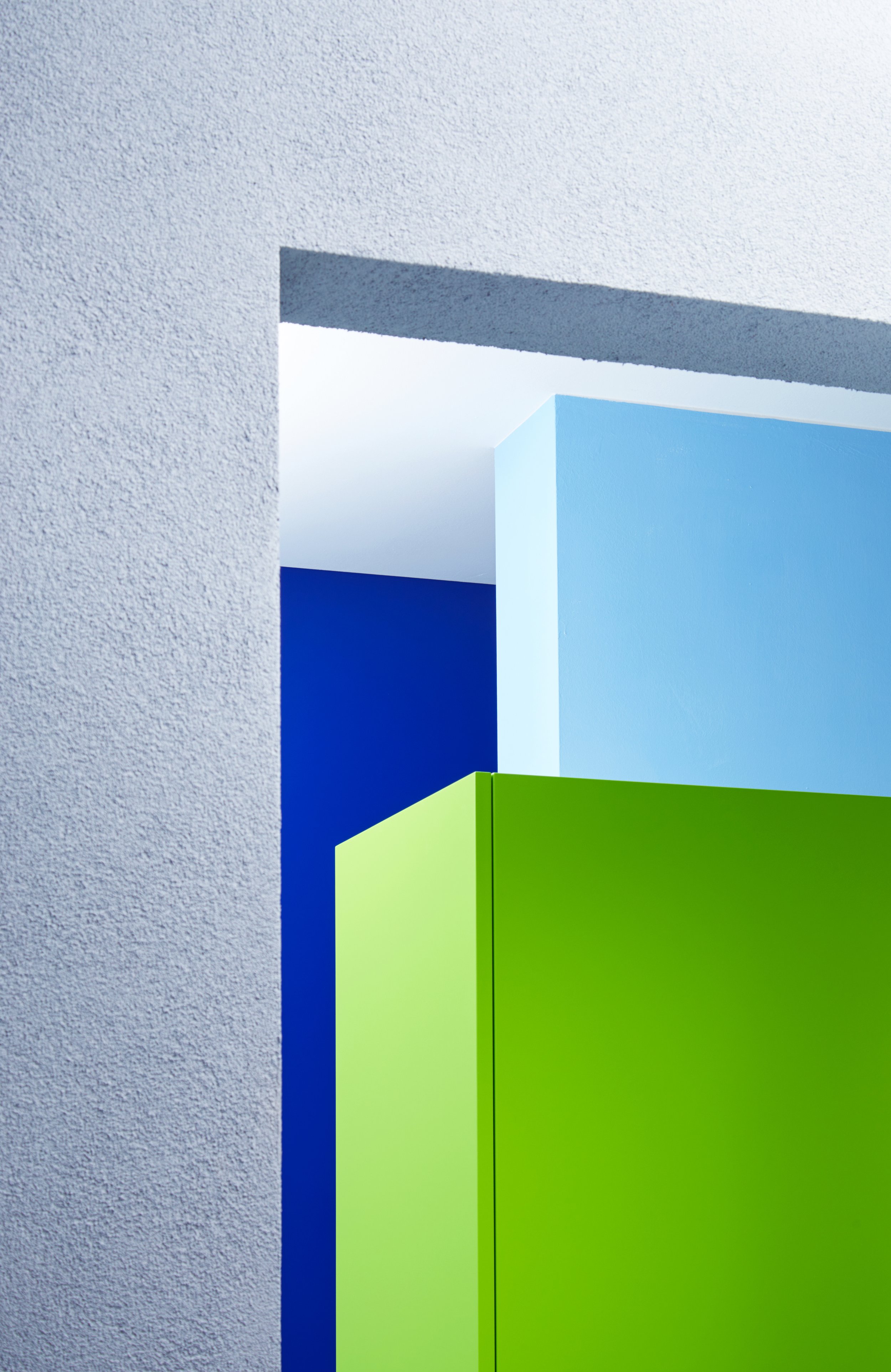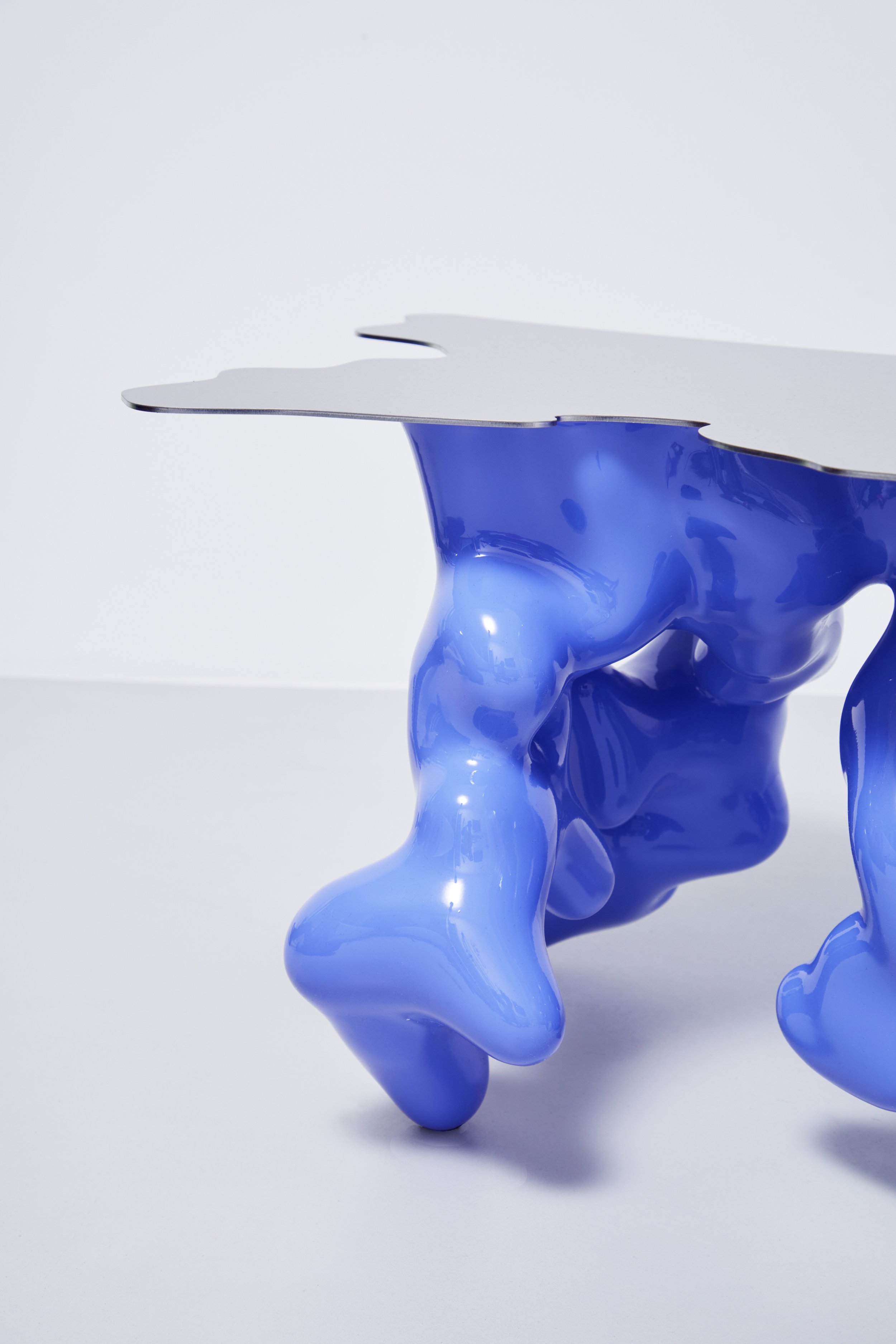Vi&Mela Bologna Apartment | Mario Montesinos
An apartment with its own identity
—
Hi design lovers,
We are happy to introduce you to the Valencia-based architect and designer Mario Montesinos.
For his latest housing project in Italy, the Vi&Mela Bologna Apartment, as well as in his previous projects, Mario has been designing spaces and pieces of furniture using techniques such as 3D printing or laser cutting together with industrial and artisanal finishing processes.
Throughout history, the human being has always been in need of generating virtuality as a liberation from the limitations of the present. Humans are involved in a fragmented space that combines the physical and the virtual, while the boundaries between these two dimensions become more porous, fluid, transformative, and mutating.
The real converges with the virtual in an assemblage of experiences, the physical and the virtual body no longer contradict each other, they intertwine. A hyperreality, where a secondary superstructure occupies almost the place of the real materiality.
Self-design supposes rewriting the interior, the psychology, the political attitude, and the interests in the external media: in physical appearances, communication through fashion, objects surrounding us, in the spaces we inhabit... through self-design, the contemporary subject is capable of experiencing the multiplicity of being.
The domestic architectural space thus acts as an element in constant interaction with self-designed virtuality, facilitating the inclusion of diversity, the multiplicity of being, and singularity to test new forms of life that allow the user to be the artifact of their own identity.
The intense chromatic range of blues and greens, lights, textures, steel, plastics, and glass, pure and deformed shapes... make up a network of associations that are revealed in the interactions with the superficiality of the bodies.
A superficiality understood as a means of communication that incorporates gradients of difference that modulate thickness, porosity, transparency or thermal absorption.
In this way, the atmospheres or environments become a projection of the user's own virtuality.
The tension between the materials and their shape evidences the design technique and its production, using 3D printing techniques with different industrial finishes, metal laser cutting, and textured glass.
We all know the promises of 3D printing, individualized goods, forms freed from the limitations of modern industrial production, exchange of files for production at destination...
If you enjoyed this article, you should check out our article CALA SATANYI by Bloomint
